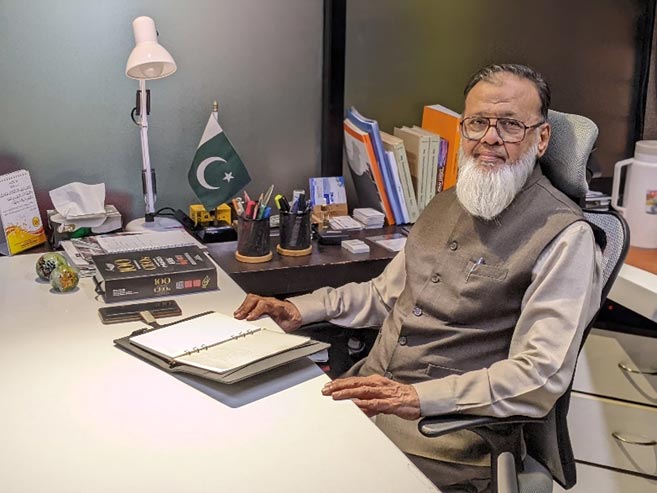Khalid Pervez, CEO KPWS Consulting & Chairman IEEEP Karachi Centre
Professional stagnation, a natural outcome of indifferent attitude of employers and employees alike towards sustained learning and polishing of skills renders highly competent engineers unfit to cope with fast changing technological advancements and modern tools. That’s abundantly prevalent both in public and private sectors, requiring a paradigm shift in the vision of both.
Although capacity building and resource development is primarily the responsibility of employers, employees being the ultimate sufferers in every way must be cognizant of pitfalls of absence of this essential ingredient of their professional growth.
It’s noted with regret that many engineers (and the support staff) remain contended with routine jobs which hardly change with time leading to erosion of their mental faculties such as analytical and logical thinking, problem solving skills, fact-based quick decision making, and the like.
The situation is also heavily dependent on the nature of business of an entity, like manufacturing, construction, O&M, trading, academia, consulting, governmental organization, utility, etc. Nevertheless, even at places like academia and consulting which primarily have knowledge-based functions, one finds adherence to easy-going repetitive approaches.
To some extent, Pakistan Engineering Council has tried to fill the gap through the requirement of CPD (Continuing Professional Development) points for renewal of registration, but this is completely inadequate and doesn’t serve the sustainable and specific continuing education needs as required by an organization. Consequently, it has become only a PEC registration renewal formality and serves no purpose more than that.
We, the engineers, both as employers and employees, must pay due attention to continuing education which in today’s e-powered world is so easier to manage. Organizations, large or small, of public or private sector, headed by engineers or non-engineers could greatly benefit by enriching their engineers (and other staff) with newer technologies, practices, and skills. This ‘investment’ can never go waste; we only need to have a holistic mindset and out of the box approach.







